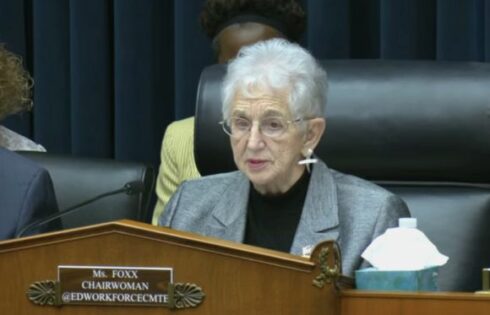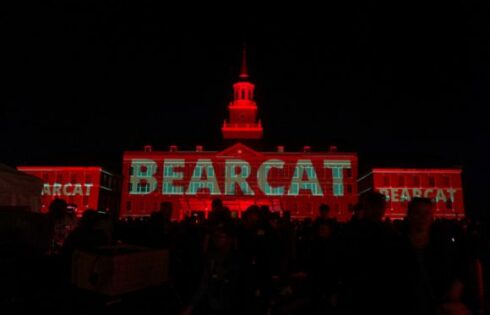As Americans today mark the 40th anniversary of Roe v. Wade, the Supreme Court decision that legalized abortion, college junior Tianna Spears is busy prepping to re-launch the Beautiful Pain Movement, a secular campus outreach program that helps students heal from abortion trauma.
Spears, 20, a business major at North Carolina State, founded the campus group after she helped a close friend through the emotional after-effects of an abortion, noting on her blog that “I saw her pain, heard it in her voice, saw it accumulate and drip from her eyes.”
“I saw how she struggled,” Spears said in an interview with The College Fix. “She would go for counseling, but they would be really religious or pro-life. That really encouraged me to make the group not affiliated with anything.”
The Beautiful Pain Movement is apolitical and non-religious. It fashions itself as “a loving community of understanding and acceptance among people who have experienced the same thing.” Its slogan? “Come as you are.”
The group, founded in September, will launch its latest five-week session Wednesday, the day after the landmark 1973 Supreme Court decision. An estimated 55 million abortions have occurred since that ruling.
While many feminists and staunch pro-choice advocates often insist there’s no real harm or mental or psychological after-effects from an abortion, Spears’ personal experience through her friend indicates there can be emotional scarring.
The most commonly discussed emotions are guilt, regret and denial, she said. For the men, they felt like they had not done enough, and some were denied a voice when it came time to make the decision, she said. That’s where the group comes in, offering empathetic support.
“As a whole, a society, we are supposed to be strong, but handle our pain in private, behind closed doors, and bury our skeletons in the closet,” Spears blogged recently. “I disagree. People need people to get through difficult situations, no matter what the circumstances may be.”
That comfort is especially vital given the lack of counseling available for women after an abortion, Spears said. While women are scheduled for a follow-up medical appointment to make sure the pregnancy has cleared, there’s no support provided for the emotional turmoil that may follow, she said.
Outside the context of a person being for or against abortion, Spears said most mainstream discourse about abortion doesn’t come close to touching on what her group tackles.
She said she intends for the sessions to be a safe, open place where participants can share how they have been affected by abortion, and through the support of peers, determine their own steps to find peace with what happened.
By hosting the sessions on NC State’s campus, Spears said she hopes more students will come – though the group is open to all, students and non-students alike. As an official on-campus organization, Spears has received support from the university as well.
And that support comes at a crucial time.
According to the Guttmacher Institute, a think-tank which compiles statistics on reproduction, abortions have been on the rise since 2008. Prior to that, they were on the decline. Suggestions have been made that the increase could be due to the recent recession.
In fact, Spears said finances have played a part in participants’ reasoning for getting an abortion, though she is careful to point out that it is not the only reason. She also cites lack of support and pressure from boyfriends or parents as indicated reasons for abortions among group members.
Spears said she hopes to further develop the Beautiful Pain Movement, with plans to file for recognition as a non-profit by May 2014. Further information can be found at the group’s website: thebeautifulpainmovement.org.
Fix contributor Jessica Kubusch is a student at UNC Chapel Hill.
Click here to Like The College Fix on Facebook.
IMAGE: Dyanna Hyde/Flickr




Please join the conversation about our stories on Facebook, Twitter, Instagram, Reddit, MeWe, Rumble, Gab, Minds and Gettr.